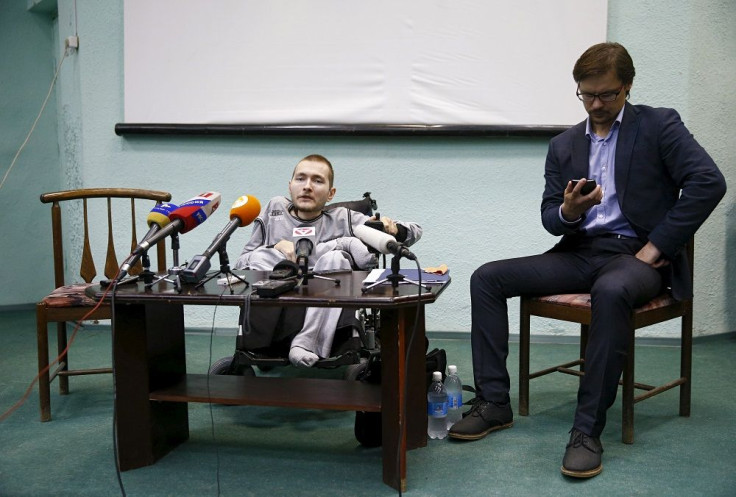Italian surgeon schedules world’s 1st head transplant in December 2017

Italian neurosurgeon Sergio Canavero will attempt to make a world record in December 2017 by performing the first head transplant. The patient is Valery Spiridonov, a 30-year-old computer scientist from Russia who is suffering from Werdnig-Hoffman disease.
The ailment has no known treatment. The muscles of people afflicted with the medical condition are wasted, explains Gizmondo.
The surgery will be done in China, at the Harbin Medical University, in Heilongjiang province, in partnership with Ren Xiaoping, a Chinese surgeon. The December 2017 timetable could still change, depending on how swift they could do the preparatory research and if tests go according to plan, AFP reports.
When Canavero announced his plan in the early part of 2015, it was greeted with skepticism. Other scientists were questioning Canavero how the daring surgery could give Spiridonov a new lease in life. The Russian said he is willing to risk his life and get the chance to have a body free from the ailment, which has caused him to be confined to the wheelchair, and to be mobile than eventually died with the disease.
Among the fears of people over the surgery are the rejection of the body of the head or the opposite, improper fusion of the spinal cord if Spiridonov would keep his personality of change if the landmark surgery succeeds.
It is the prospect of offering hope to millions of people severely disabled by various diseases. “The only thing I feel is the sense of pleasant impatience, like I have been preparing for something important all my life and it is starting to happen.”
The procedure is estimated to cost $13 million. Ren has not revealed where would the team source the body or if the donor would be Chinese, fueling speculations that it could tap death row inmates because of an existing human organ ban since 2007.
Contact the writer at feedback@ibtimes.com.au and tell us what you think below




















